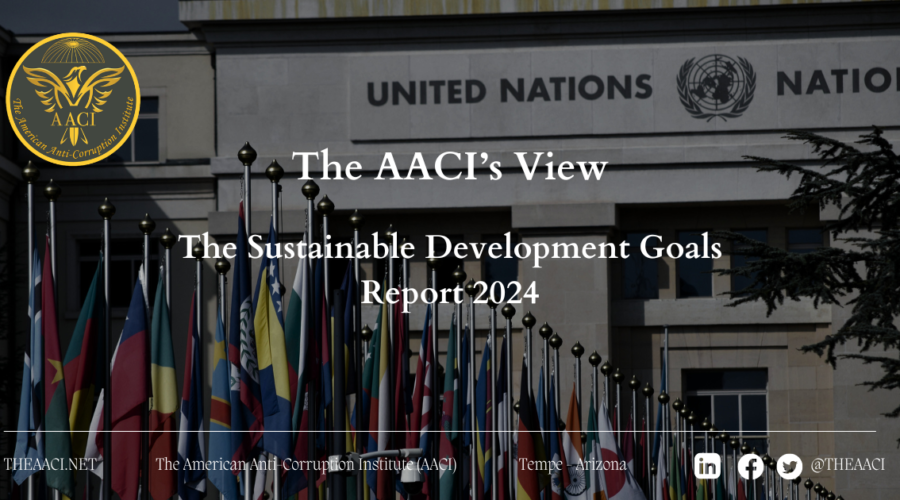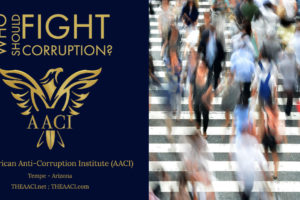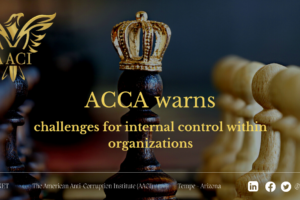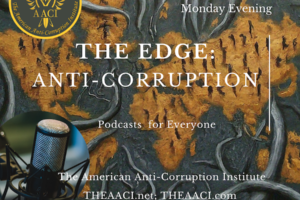Technical Staff;
July 30, 2024
The Sustainable Development Goals Report 2024, issued on June 2024, highlights the significant challenges and setbacks in achieving the SDGs, despite some progress in areas like reducing child mortality, preventing HIV infection, and improving access to energy and mobile broadband. It underscores the urgent need for accelerated action in critical areas such as climate change, peace and security, and inequalities.
With only six years remaining, the report warns that current efforts are insufficient, and without massive investment and scaled-up action, the SDGs will remain unattainable. The lingering effects of the COVID-19 pandemic, escalating conflicts, geopolitical tensions, and worsening climate chaos have severely impeded progress, necessitating stronger and more effective action to meet the 2030 goals of ending poverty, protecting the planet, and ensuring no one is left behind.
SDG 16: Peace, justice and strong institutions
SDG 16 addresses the issue of corruption. The report said that:
In a study covering 138 countries from 2015 to 2022, about 19% of people said they were asked to pay or had paid a bribe to a public official in the last year. The rates of bribery vary greatly by region and income level. In Oceania and sub-Saharan Africa, about 30% and 27% of people, respectively, reported experiencing bribery, while in Europe and Northern America, it was about 10%. High-income countries had an average bribery rate of 9%, compared to 32% in low-income countries. Data from 18 countries between 2010 and 2021 showed that men were more likely than women to pay bribes, often due to their interactions with male-dominated sectors like the police or customs.
The American Anti-Corruption Institute (AACI) View
The American Anti-Corruption Institute (AACI) asserts that governments must intensify their efforts to eradicate fraud and corruption. The current framework, centered around the United Nations Convention Against Corruption (UNCAC)—the sole internationally legally binding agreement—falls short in compelling governments to combat these issues effectively. The international community must redefine its approach to the global fight against corruption.
The stark reality is that the United Nations, through numerous development programs, along with the international community, has failed to achieve significant results in combating corruption. This failure is glaring in countries such asLebanon, Palestine, Sierra Leone, Sei Lanka, Nigeria, Kenya, South Africa, Iraq, Ukraine, Argentina, and many others.
The strategy employed by the United Nations and the international community in addressing corruption—a cancer afflicting nations—must be overhauled. Corruption is not merely a socioeconomic issue; it is a dire national and international security threat. Providing aid to corrupt governments only bolsters the corrupt entities, regardless of the form this aid takes.
The international community must adopt a corruption-sensitive approach when providing financial assistance or loans. We call upon the global community to implement the Ten Principles of Fighting Corruption, as outlined by The AACI, to establish a robust framework for assessing and combating corruption in recipient countries. What is unequivocal is that inaction will only deepen the United Nations’ and the international community’s failures in addressing corruption.
Photo by Xabi Oregi: https://www.pexels.com/photo/flags-of-countries-in-front-of-the-united-nations-office-at-geneva-16459372/












































